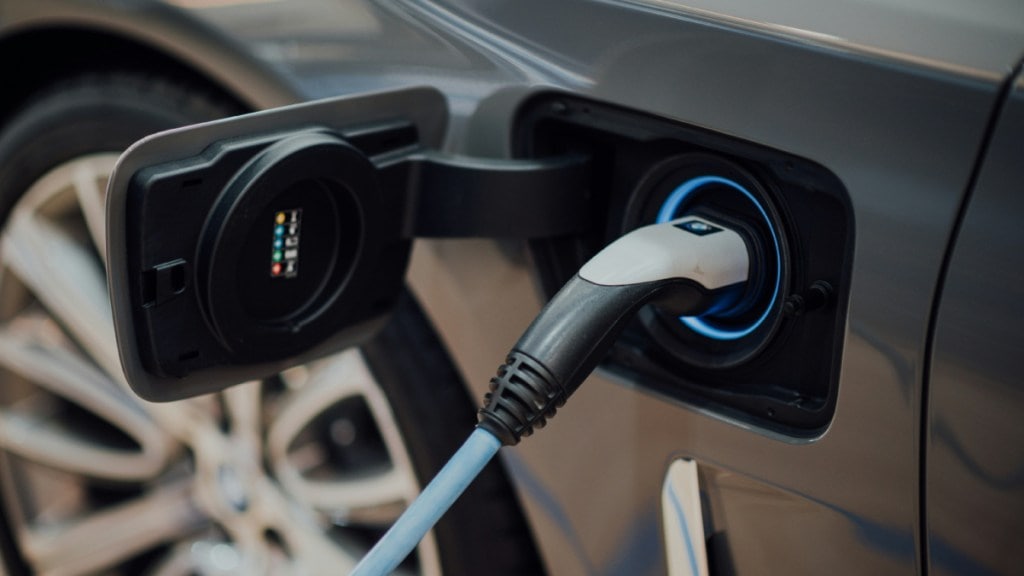By Ayush Lohia
In the midst of a global shift towards sustainable transportation, India has set its sights on an ambitious goal: achieving 30% of new vehicle sales through electric vehicles (EVs) by 2030, as part of its ‘EV30@30’ initiative. This endeavour not only signifies a commitment to reducing carbon emissions but also presents a lucrative opportunity for the country’s automotive sector. However, despite significant progress, the EV manufacturing industry, particularly the Micro, Small, and Medium Enterprises (MSMEs) segment, faces formidable challenges that must be addressed to unlock its full potential.
A critical hurdle facing the EV manufacturing sector in India is its heavy reliance on imported components, particularly EV batteries. The lack of domestic battery manufacturing capacity not only increases costs but also makes the supply chain vulnerable to disruptions. To truly promote indigenous manufacturing, there is an urgent need to strengthen the domestic production of EV components, especially batteries.
Also, while the government has made progress in developing charging infrastructure, advancement has been slow. The absence of standardised charging stations exacerbates the challenge, making it difficult for EV owners to charge their vehicles seamlessly. Addressing this infrastructure gap is essential to instil confidence among consumers and facilitate the widespread adoption of EVs.
Moreover, the shortage of skilled labour proficient in battery technology, power electronics, and software development poses a significant challenge to the growth of the EV manufacturing sector. Without a skilled workforce, MSMEs struggle to innovate and scale their operations effectively. Investing in vocational training programs and fostering collaboration between industry and academia can mitigate this skill gap.
Besides, the EV supply chain in India is marked by fragmentation, with numerous small-scale suppliers catering to different components. This lack of integration and standardisation complicates supply chain management and quality control, stifling the industry’s growth potential. Efforts to streamline the supply chain through vertical integration and strategic partnerships can enhance operational efficiency and quality control.
The Way Forward
To reduce dependency on imports and strengthen the domestic EV ecosystem, concerted efforts are needed to incentivise and facilitate domestic manufacturing of critical components, particularly batteries. Government initiatives such as production-linked incentives (PLIs) and subsidies can encourage investments in indigenous manufacturing facilities, thereby enhancing self-reliance and resilience.
Also, accelerating the deployment of charging infrastructure is crucial to alleviate range anxiety and facilitate EV adoption. Standardisation of charging stations and collaboration between public and private stakeholders can expedite infrastructure development, ensuring ubiquitous charging access across the nation.
Investing in skill development initiatives tailored to the specific needs of the EV industry is essential for nurturing a talented workforce. Collaborative efforts between industry players, educational institutions, and government bodies can cultivate a pool of skilled professionals equipped to drive innovation and growth within the sector.
Efforts should also be made to streamline the EV supply chain through vertical integration and strategic partnerships can enhance operational efficiency and quality control. Embracing digital technologies such as blockchain and IoT can foster transparency and traceability within the supply chain, mitigating risks and optimising resource utilisation.
Despite the significant challenges, the EV manufacturing sector in India holds immense promise as a driver of economic growth and environmental sustainability. By confronting challenges head-on and embracing a holistic approach to innovation and collaboration, EV MSME manufacturers can position themselves at the forefront of India’s electric mobility revolution, realising the full potential of ‘EV30@30’ and beyond.
With EVs expected to make up over 40% of vehicle sales by 2030 and generate more than $100 billion in revenue by that year, according to Bain & Company, the sector’s potential is immense. By overcoming the aforementioned challenges India can lead in clean, electric mobility for a sustainable future.
The author is the CEO of Lohia Auto.
Disclaimer: The views and opinions expressed in this article are solely those of the original author. These views and opinions do not represent those of The Indian Express Group or its employees.



















